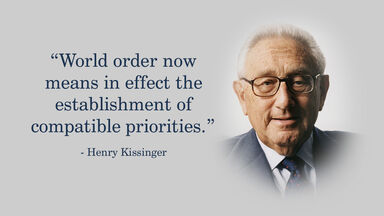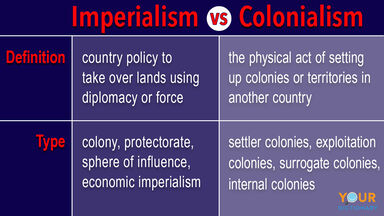During the first half of his government he materially strengthened the Tudor monarchy by the vigorous administration of justice at home and by the brilliance of his foreign policy abroad.
The foreign policy of this period brought about the complete isolation of Austria, and the ingratitude towards Russia, as shown during the period of the Crimean War, which has become proverbial, caused a permanent estrangement between the two great Eastern empires and the imperial families.
Since the outbreak in May 1896 the Greek government had loyally co-operated with the powers in their efforts for the pacification of the island, but towards the close of the year a secret society known as the Ethnike Hetaeria began to arrogate to itself the direction of Greek foreign policy.
Although united on free trade and in general on questions of domestic reform, a cabinet which contained Lord Palmerston and Lord John Russell, in addition to Aberdeen, was certain to differ on questions of foreign policy.
In any case, in 1676, together with Lauderdale alone, he consented to a treaty between Charles and Louis according to which the foreign policy of both kings was to be conducted in union, and Charles received an annual subsidy of £10o,000.





